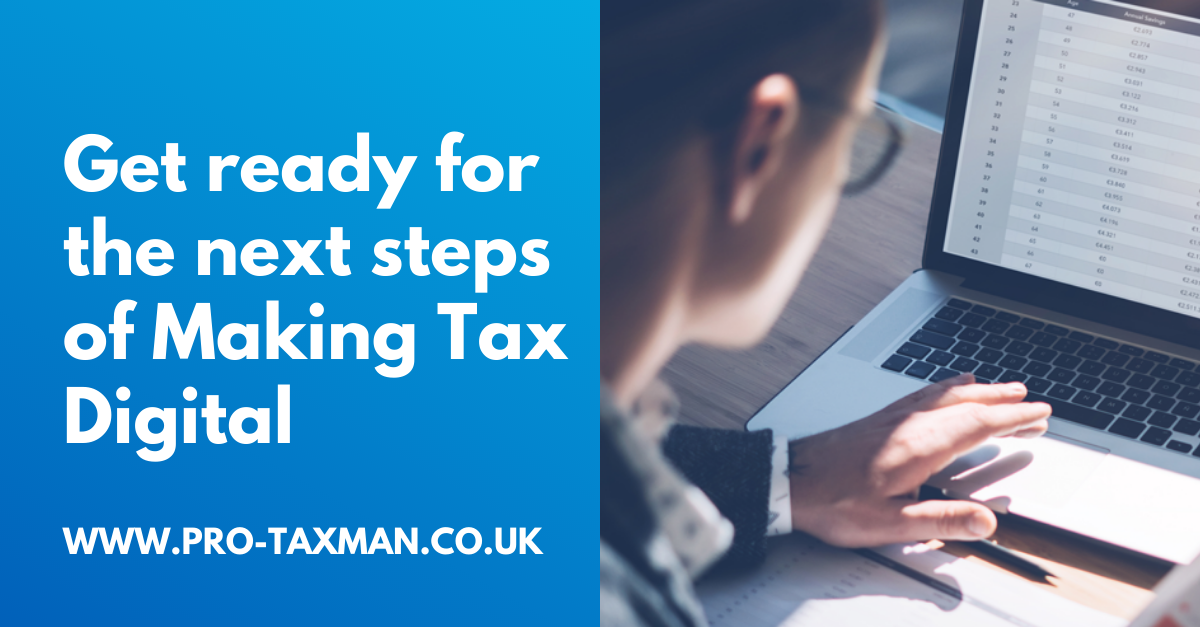Making Tax Digital (MTD) is a government programme to move to a digital tax world.HMRC’s stated ambition is to become one of the most digitally advanced tax administrations in the world. MTD involves fundamental changes in the way in which taxpayers keep records and report information to HMRC. MTD launched with MTD for VAT, which was compulsory for VAT-registered businesses with VATable turnover over the VAT registration threshold (currently £85,000) from the start of their first VAT accounting period on or after 1 April 2019.
The next steps in the MTD programme are the extension of MTD for VAT and the launch of MTD for income tax.
Extension of MTD for VAT
Under MTD for VAT, VAT registered businesses must keep digital records and file their VAT returns using MTD-compatible software. Currently, MTD for VAT is only compulsory for VAT-registered businesses whose VATable turnover is above the VAT registration threshold of £85,000. Where VATable turnover is below this level, MTD is optional. However, once a business has joined MTD for VAT, they must remain in it.
This is due to change from 1 April 2022. From that date, MTD for VAT will become compulsory for all VAT-registered businesses. Businesses that are not currently within MTD for VAT will be required to comply from the start of their first accounting period beginning on or after 1 April 2022. They will need to sign up, and be ready to keep digital records and file VAT returns using MTD-compatible software.
MTD for income tax
The start date for MTD for income tax has now been delayed by one year. The next key date in the MTD timetable is 6 April 2024 – one year later than planned.
Self-employed businesses and landlords with annual business or property income of more than £10,000 will now come within MTD for Income Tax from 2023/24. In preparation for this, the Government have consulted on rules to reform the basis period rules, moving from a current year basis to a tax year basis. These reforms were due to take effect from 2023/24, with 2022/23 being a transitional year. These too have now been delayed, and will not now come into effect before 2024/25 with a transitional year no earlier than 2023/24.
Under MTD for income tax, landlords and self-employed businesses within its scope would need to keep digital records. They will also be required to send quarterly summaries of income and expenditure to HMRC using MTD-compatible software. The taxpayer will receive an estimated tax calculation after each submission. The quarterly submissions would be followed by a final end of year submission to take account of necessary adjustments and a final declaration. This will replace the annual self-assessment tax return.
General partnerships will now not be brought within MTD for income tax until April 2025.
Need professional accounting service or accounting advice? Contact us to book a 15-min Free Consultation with us today.
To find out more please follow us on Facebook, Twitter, or LinkedIn. Feel free to contact us on 0333 006 4847 or request a call back by texting 075 6464 7474

